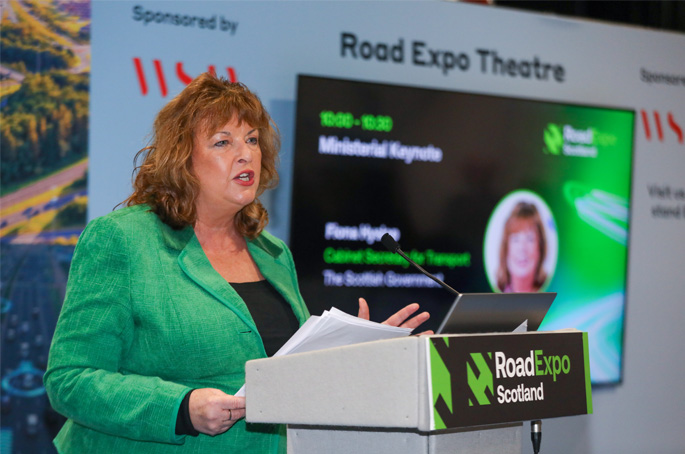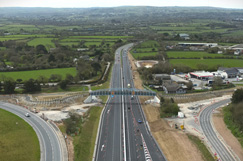National Highways has to provide a revised funding statement for the £9bn Lower Thames Crossing by 27 February, following the chancellor's announcement that the Government is exploring private finance options.
In a letter to the Planning Inspectorate, Dr Tim Wright, head of consents for the Lower Thames Crossing, said National Highways 'considers it would be helpful to provide the [transport] Secretary of State with an update on the effect of [the chancellor's] announcement on the Lower Thames Crossing DCO application...this update [would] include a revised Funding Statement'.
'The updated Funding Statement would supplement the existing publicly funded option with privately financed options that the [National Highways] considers to be viable,' Dr Wright adds.
The Department for Transport responded by asking National Highways 'to provide the relevant updated information'.
Awkwardly, in a mistake we have all made at the start of a new year, the DfT's Transport Infrastructure Planning Unit actually gives a deadline of 27 February 2024. The DfT confirmed that this was a mistake and will be corrected.
The DfT's Transport Infrastructure Planning Unit said that 'following receipt of that information, interested parties will be provided with an opportunity to comment'.
In turn, National Highways has said it 'would welcome an opportunity to provide a further response to those submissions prior to the Secretary of State's decision on the DCO application'.
There is speculation in the sector about what impact a change to private funding would have on the DCO process.
After previous press reports suggesting that ministers could use private finance to pay for the LTC, solicitors Leigh Day, acting on behalf of the Transport Action Network – campaigners opposed to the scheme – wrote to the DfT arguing that a private finance model would invalidate the current planning process.
Campaigners have also highlighted that the DCO, and all its assessments, including noise, air quality, carbon and traffic modelling, is dependent on there being parity of tolling between Dartford and LTC, so a new funding model might mean tolls would have to be raised at both crossings to pay back investors.
However, Highways has spoken to other legal professionals who contested Leigh Day's analysis.
Chris May, planning partner at law firm Freeths, said it was ‘not so black and white'.
‘There is a general principle that if the decision maker says they have had regard to a material change [in the appraisal] that is sufficient and the court is reluctant to overrule the judgement,' he told Highways.
































